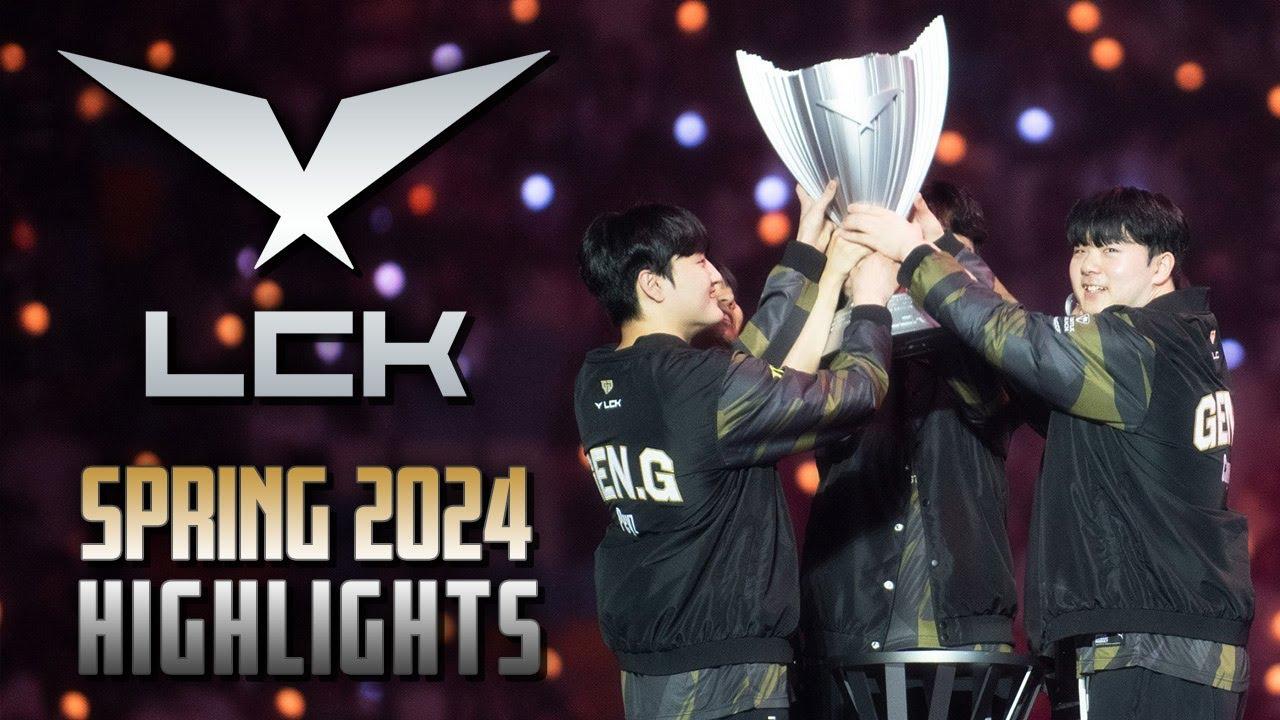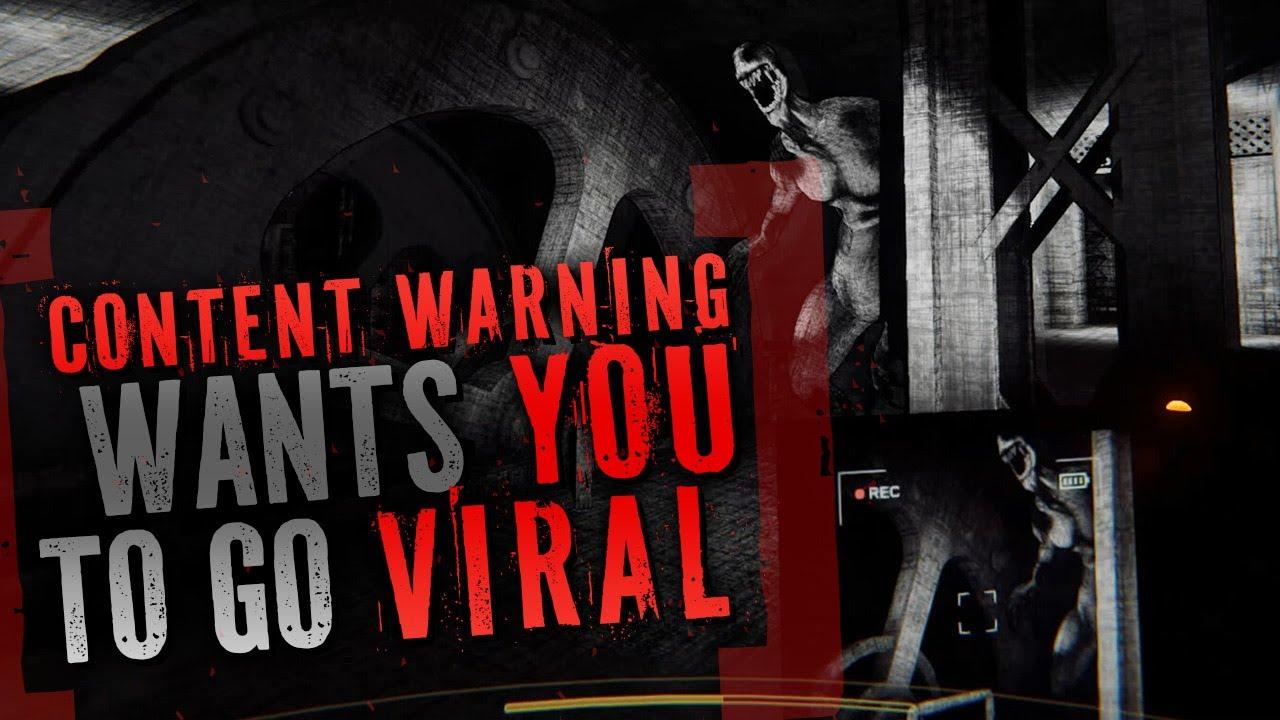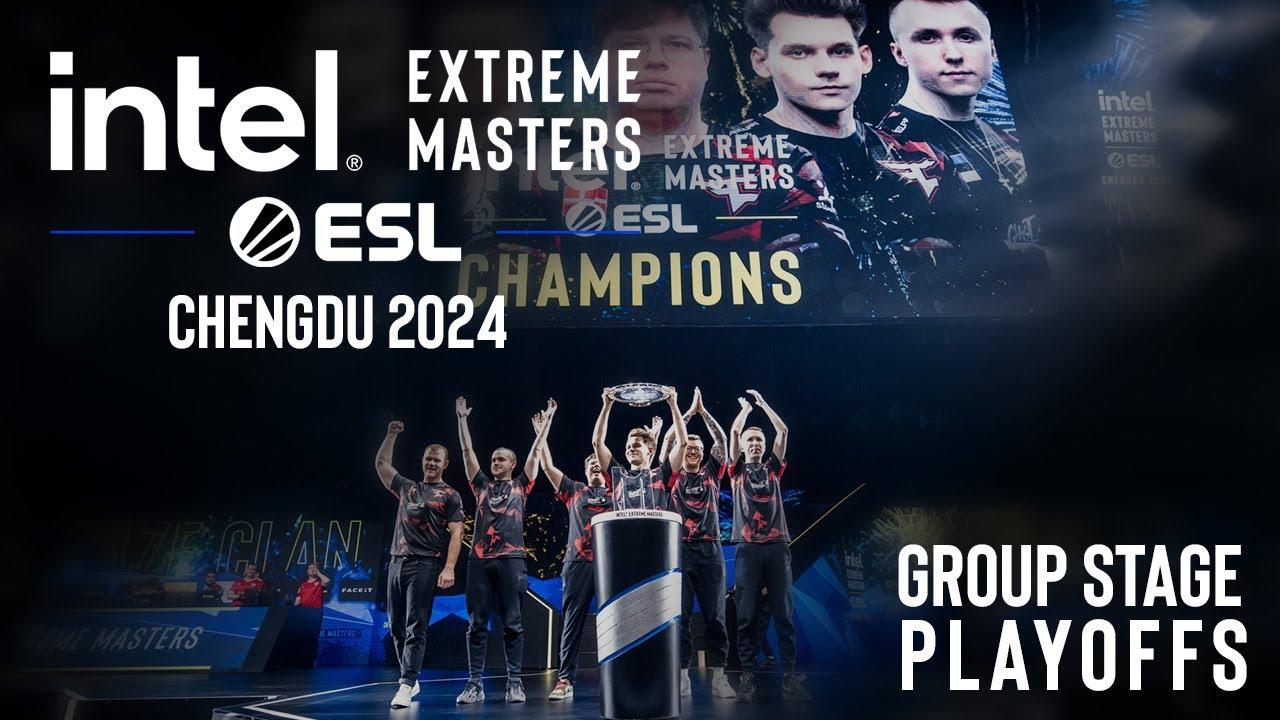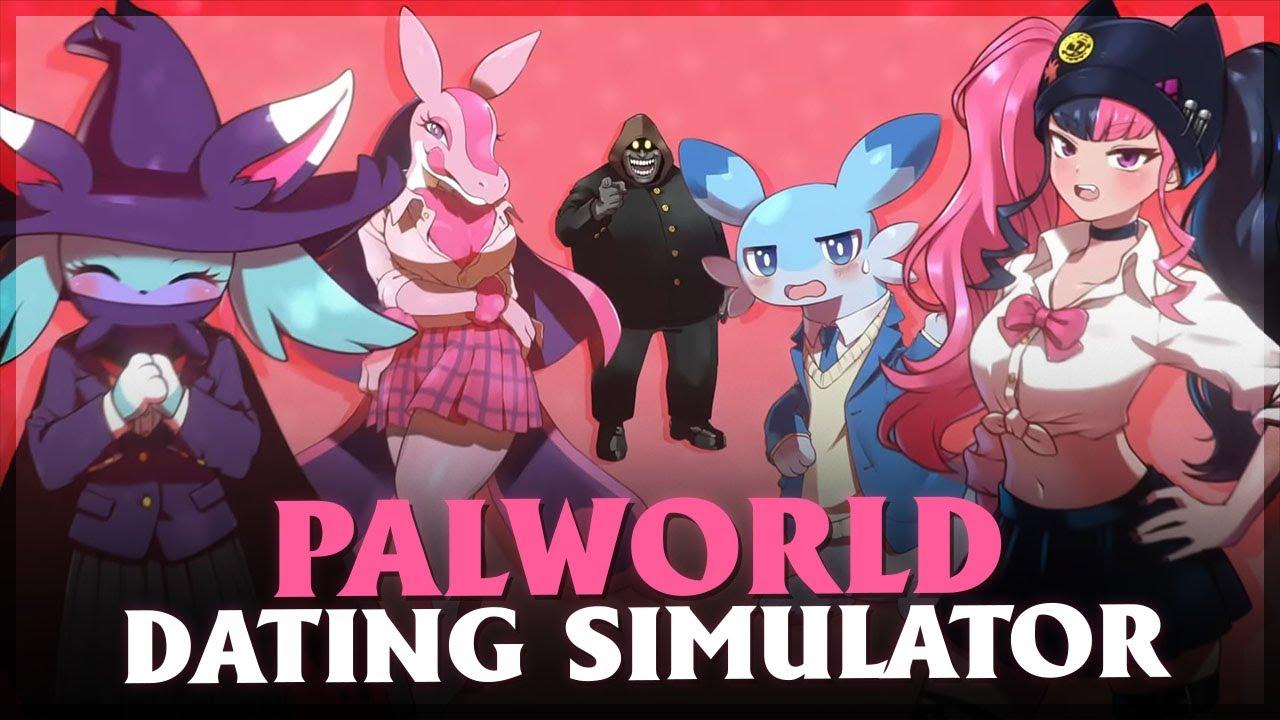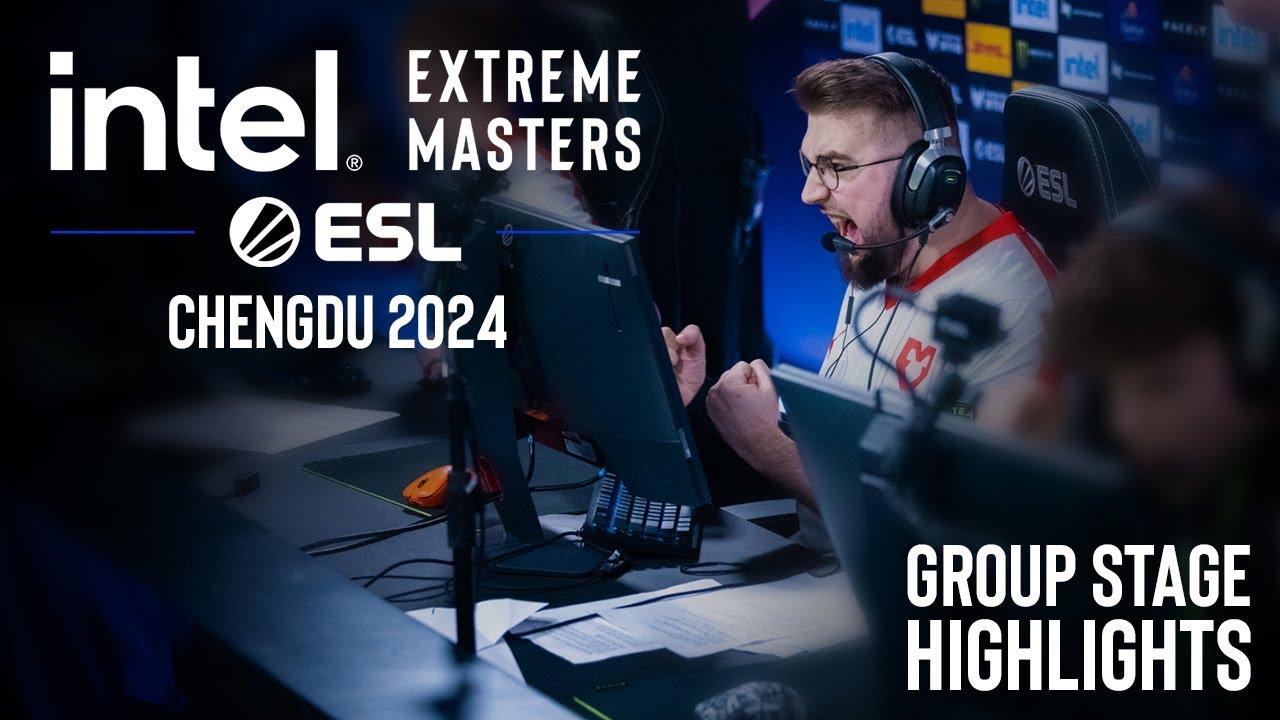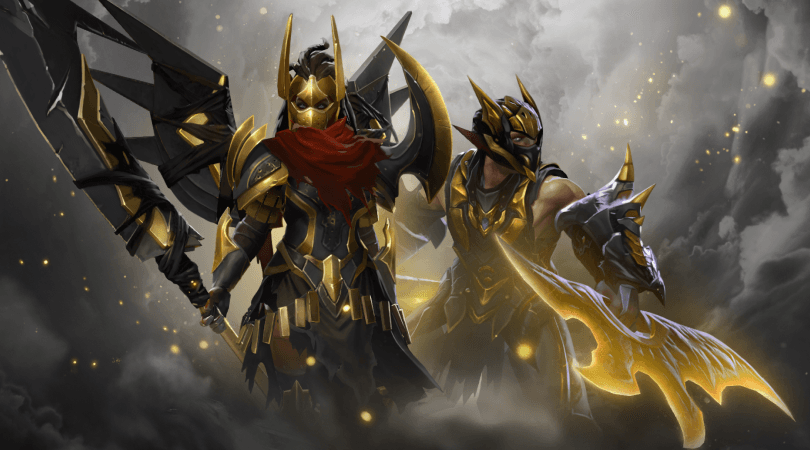
What happens to Dota 2 if Valve cancels The International?
Dota 2’s The International is the one big event that keep’s the game’s competitive side together, but what would happen if Valve decides to cancel the event?
In the wake of canceling the Dota Pro Circuit Winter Major, new details have emerged that imply Valve could cancel The International as well. Many professional players and teams complained about the last-minute decision to cancel the major on social media. This allegedly opposes an edict Valve gave to teams during The International 10. The multi-billion dollar company stated that TI was a passion project for Valve, and asked teams to express their grievances through official communication channels rather than social media, implying that TI might be canceled otherwise.
Now that key information has been revealed, it’s possible that Valve could cancel the most important event in all of Dota 2 esports. The results of such a decision are impossible to predict, but it would undoubtedly change the landscape of the game. The two most likely outcomes are that Dota 2 either recedes into a third-party supported esports title, or dies out completely as a competitive title. Here’s how both options could play out.
The International getting canceled could turn Dota 2 into a third-party esport
If Valve does make the shocking decision to cancel The International, it’s safe to assume that the Dota Pro Circuit will go with it. This is a massive blow to the game, but it also opens up new opportunities for other companies to step in.
In fact, the modern format of the Dota Pro Circuit poses several problems to third-party hosts. The months-long schedule of three regular seasons poses scheduling concerns, especially with official majors filling in the few gaps.
The idea of a Dota 2 esports scene without support from Valve seems dubious, but there’s more prize money than it seems. In 2019, third-party Dota 2 tournaments distributed $2,972,810 worth of prize money without any support or input from Valve. That number doesn’t even include smaller regional events with prize pools under $70,000. There were well over 100 of these smaller events throughout the year.
There’s always the “chicken or the egg” argument of whether those tournaments would even exist without The International. But there’s no hard reason to believe that they would fizzle out if TI gets canceled. This is especially true given the recent resurgence of several third-party tournament hosts.
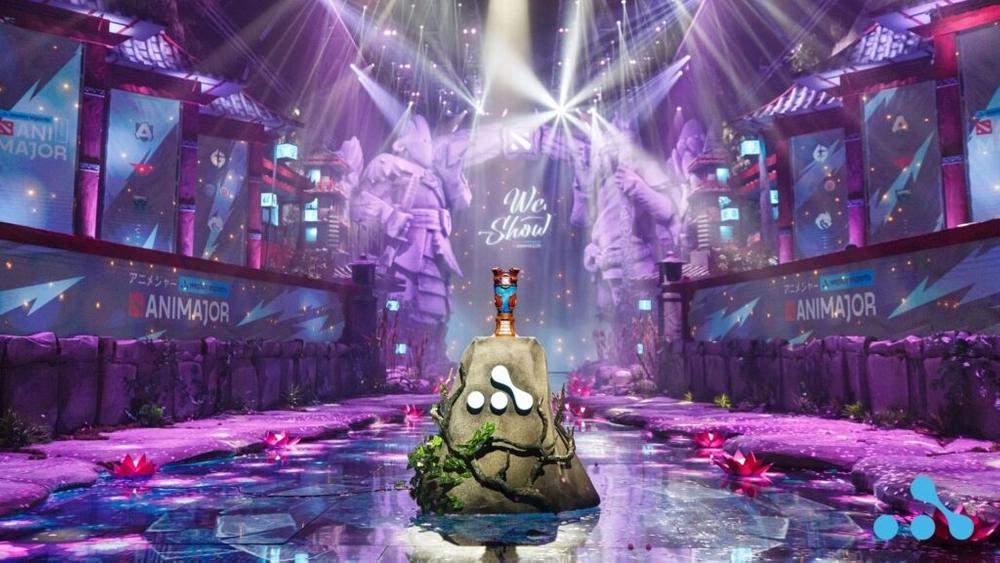
After hosting the AniMajor, WePlay is quickly becoming a household name in Dota 2 esports. ESL already dreams of an esports monopoly. Valve leaving the scene would open up room for it to step in. In fact, by owning DreamHack, ESL already voluntarily runs two different divisions of the Dota Pro Circuit while paying for the privilege. Other organizers including ONE, PGL, and others could have plenty to gain. One Game Agency’s Dota PIT series has given out over $1 million in prize money since early 2020.
Add in Chinese regional tournaments and the state of third-party Dota 2 is already better than the majority of other esports.
None of this is meant to downplay the impact of The International getting canceled. If Valve decides to shutter Dota 2 esports, it would be a major blow to the competitive scene. Well-off players with multiple solid TI runs like Clement “Puppey” Ivanov and Syed “SumaiL” Hassan might check out altogether. But aspiring players with promising careers ahead of them like OG’s Ammar “ATF” Al-Assaf and AS Monaco Gambit’s Artem “Lorenof” Melnick would probably stick around. It’s not like they can go back to Heroes of Newerth, after all.
The loss of the Dota Pro Circuit would be a bittersweet opportunity for third-party organizers to truly take over the scene. Despite everything that has run against it, Dota 2 is still a top-three esport by some metrics. The idea of it dying overnight due to one poor developer decision may be dubious.
The end of TI could mean the end of Dota 2 esports
There’s no question that an esports scene can grow and even thrive without direct support from a game’s publisher. It’s been seen on many occasions with the likes of Street Fighter, Counter-Strike, and StarCraft: Brood War.
The trouble is that the overblown LAN parties that became CSGO majors and the local gatherings that became Evo are grassroots endeavors that grew into esports monoliths. Esports monoliths pivoting to becoming grassroots endeavors again, though? Those haven’t been nearly as lucky.
To date, there hasn’t really been a success story when it comes to a game’s publisher tapping out and handing the keys back over to third-party entities.
The worst-case scenario would be something in the same vein as fellow MOBA Heroes of the Storm. The esports scene of Blizzard’s ill-fated MOBA crashed terribly hard after being dropped by Blizzard in 2018 and there isn’t really a major pro scene to speak of at this point. The same could happen to Dota 2 if Valve chooses to cancel The International.
Arguably the best case scenario is what’s happened with StarCraft 2, whose competitive scene still exists after DreamHack and ESL took over stewardship of the game from Blizzard. There are some big events still on the calendar. Unfortunately, viewership is down since the closure of the World Championship Series and the total prize pool payouts for the game in 2021 were about one third of what they once were in 2018.
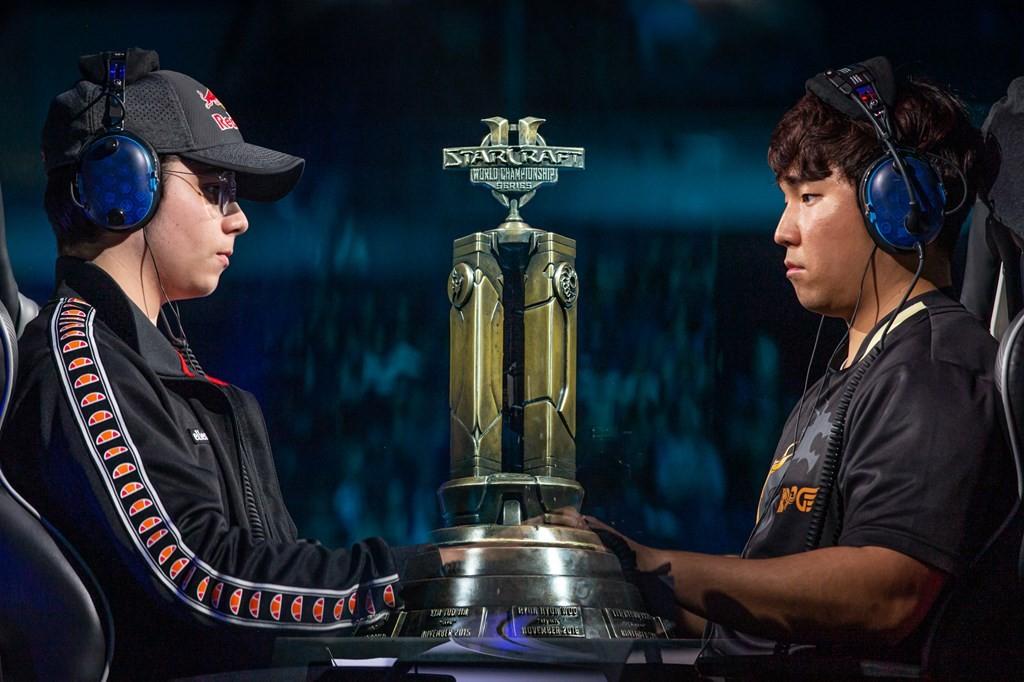
Something similar to Heroes of the Storm is more likely. There’s no question that entities like WePlay and ONE Esports would like to take on a larger role in the esports scene as a whole, but Valve has done a rigorous job of stripping away all infrastructure and outside institutions from Dota 2’s esports scene.
If Valve completely checked out on CSGO, it already has tentpole events such as IEM Katowice and ESL One Cologne that have been built up over a decade and would continue to sustain the game. It already has multiple leagues for both professional and semi-professional talent. It has a slew of organizations ranging from G2 Esports and FaZe Clan to AGO and Team GamerLegion.
The pieces are in place for CSGO to survive as an esport with or without Valve. None of those things exist in Dota 2, and with the game now over 10 years old, it may be hard to imagine anyone being able to build them up quickly enough to keep Dota 2 afloat if The International gets canceled.
Also featuring contributions from Steven Rondina.
Recommended
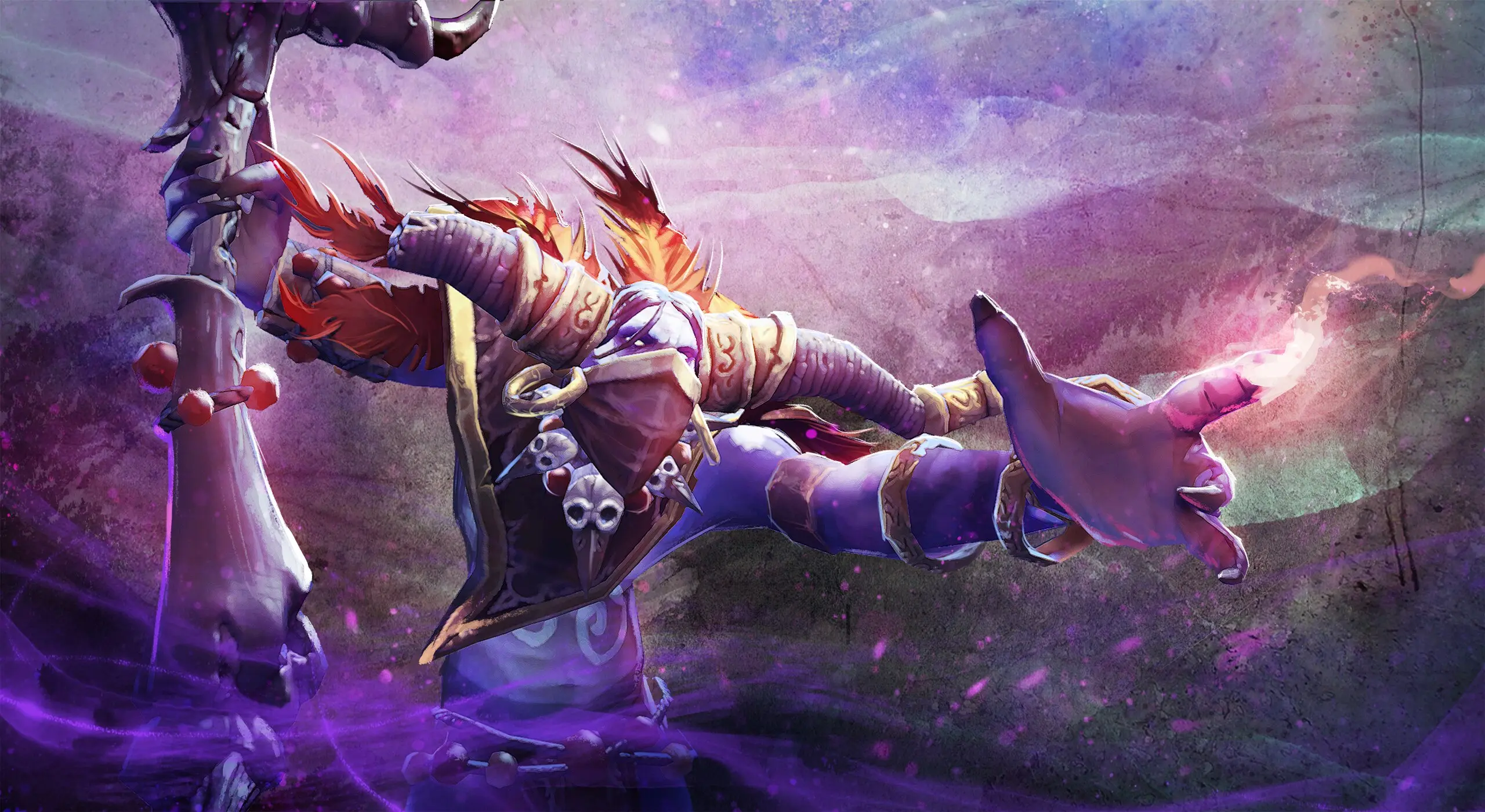
How to play Witch Doctor, the best hero in Dota 2 7.34
The Doctor is in.
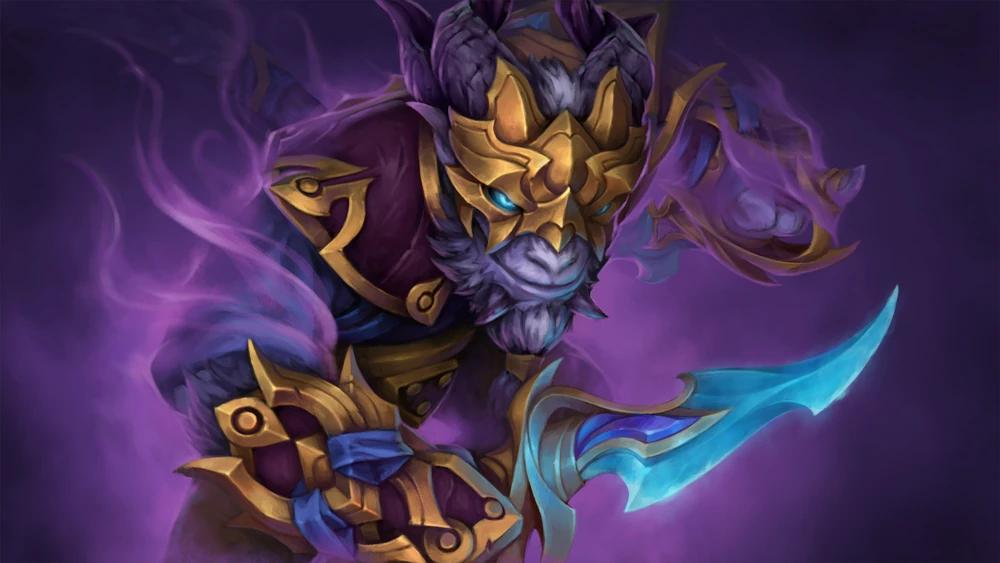
The new best heroes of Dota 2 7.34
Start queueing up sentries and Spirit Vessels.
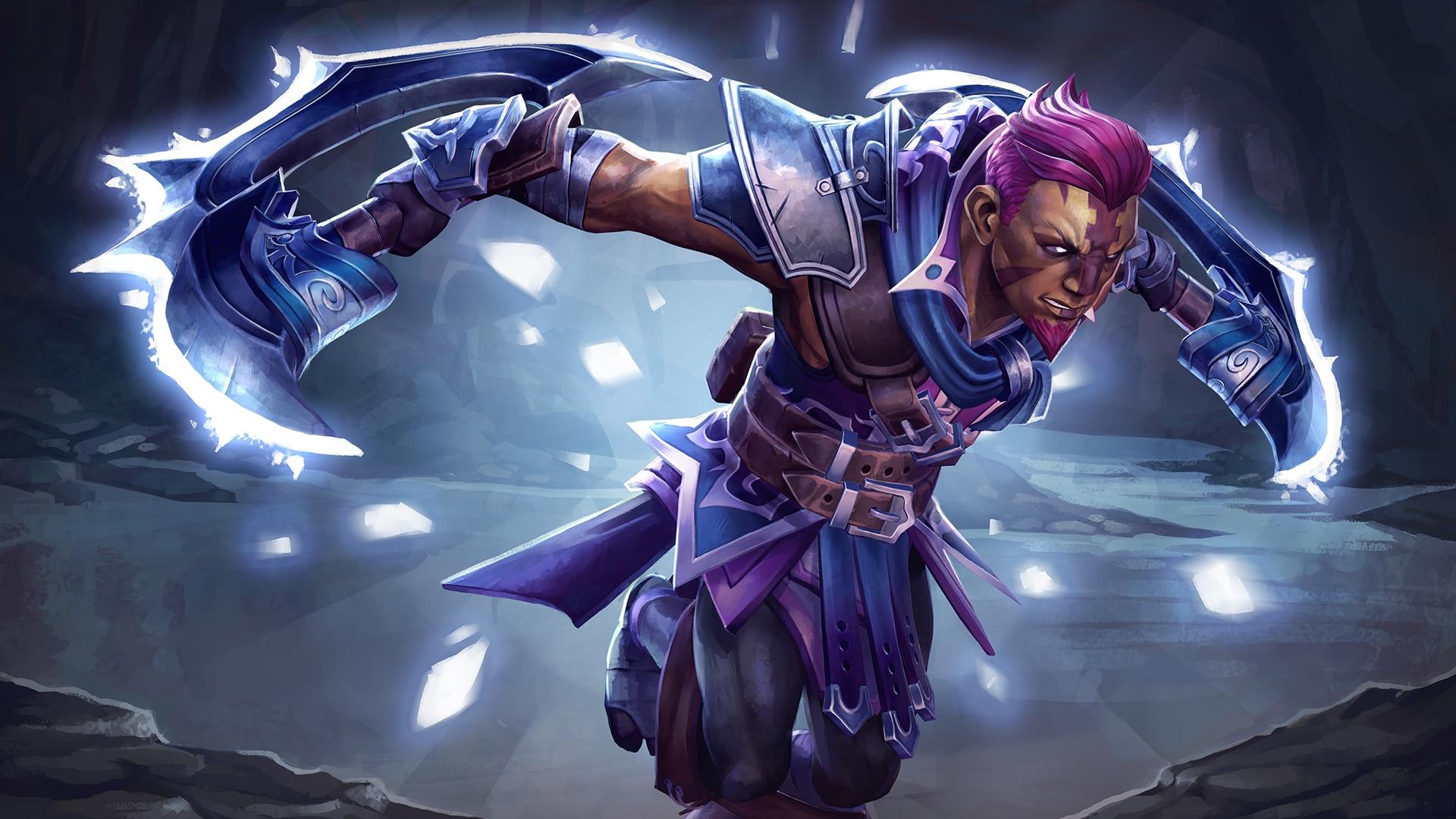
Dota 2 finally has a punishment for breaking items
If you want to BM, it’ll cost you.

